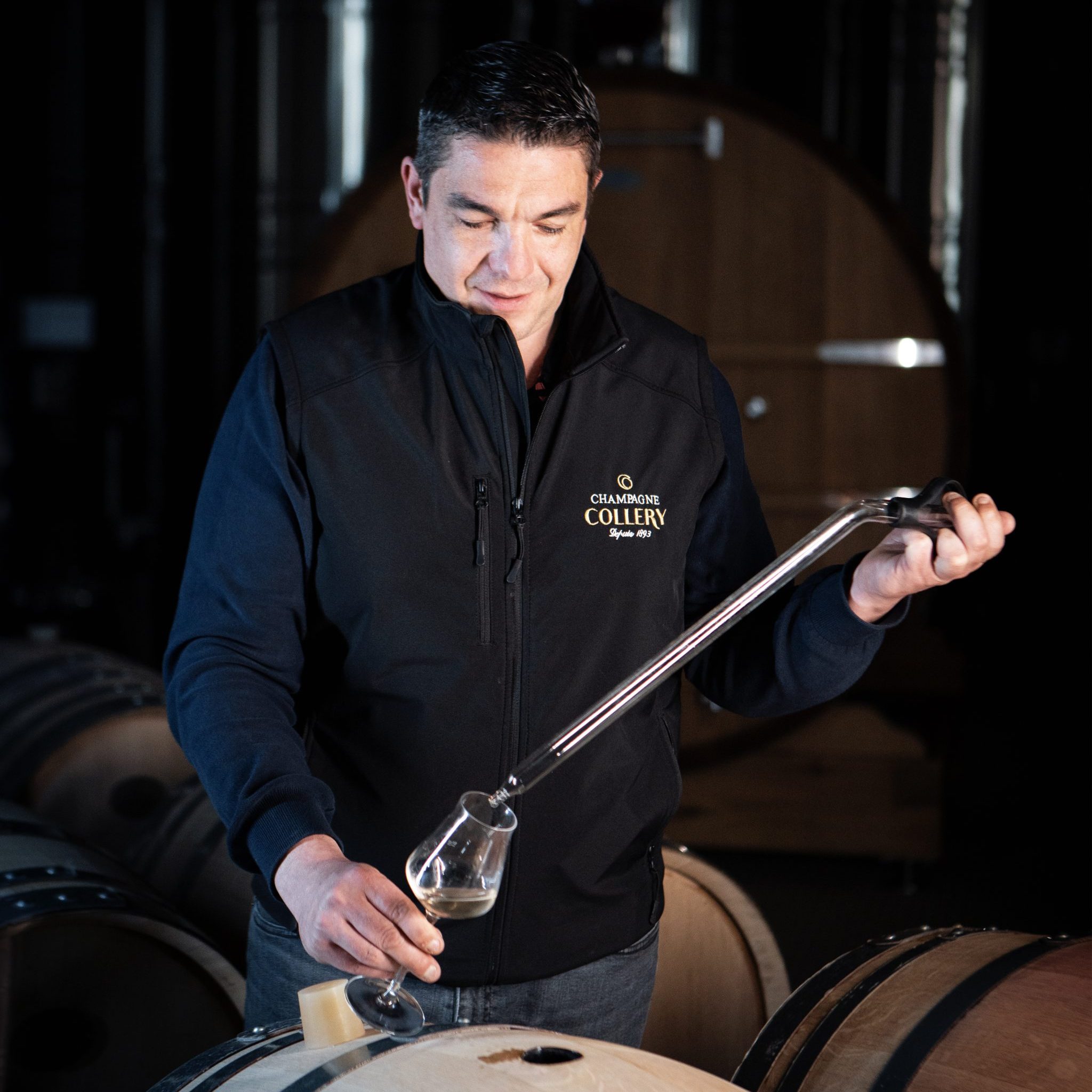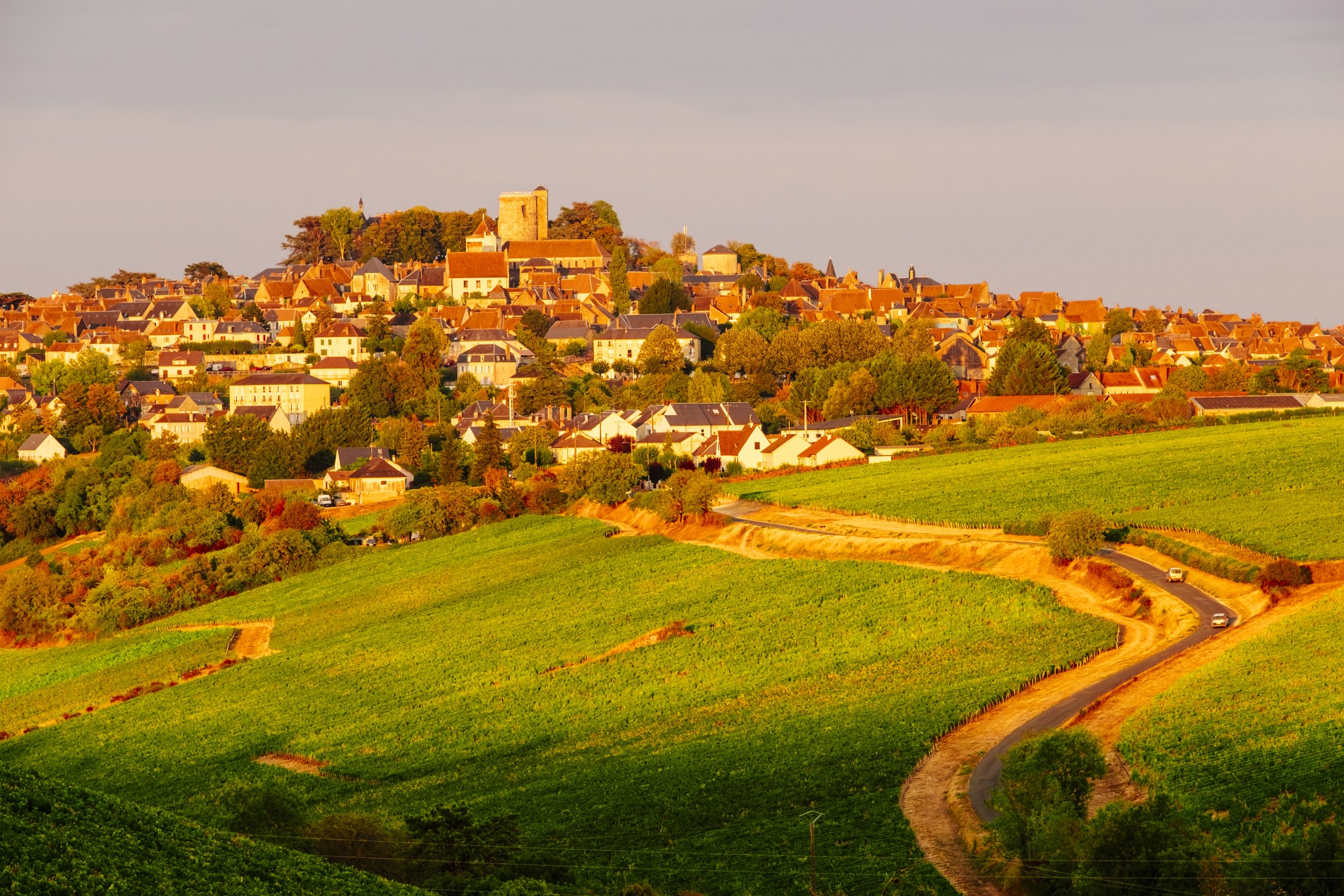This website uses cookies so that we can provide you with the best user experience possible. Cookie information is stored in your browser and performs functions such as recognising you when you return to our website and helping our team to understand which sections of the website you find most interesting and useful.
IN THE NEWS: Passage to India?
By db staff writerDespite punitive import taxes Indian consumers are thirsty for foreign whisky. The country's distillers, meanwhile, are desperate to rewrite the rulebook. By Ben Grant
WHEN CONSIDERING the key emerging countries, the so-called BRIC, Western companies have placed an enormous emphasis on China. Undoubtedly, the economic growth of the world’s most populous nation is something that any brand should be desperate to tap into. But when it comes to drinks, and in particular whisky, India could represent even richer pickings than its north-eastern neighbour. In order to tap into this enormous potential, however, dramatic progress will have to be made on the punitive, protectionist tax – up to 550% – that India slaps onto imported spirits.
At last month’s Worldwide Whiskies Conference in Glasgow, the subject of India loomed large over the proceedings. The keynote address – entitled India Calling – was delivered by Vijay Rekhi, president and managing director of Indian distilling behemoth United Spirits (UB). The company dominates its home market with sales topping 66.5 million 9l cases, and looks set to stamp its mark on the international circuit with the seemingly inevitable purchase of Whyte & Mackay. But in spite of stellar growth at home and acquisitional activity abroad, the thing that UB desires most is the opportunity to sell its Indian whisky products internationally. And Rekhi used the platform in Glasgow to push for a change to the definitions that currently restrict such sales.
“I suggest that steps should be taken for all-inclusive growth of the entire whisky industry, rather than propagating restrictive rules that restrict consumption and concede ground to wine and vodka, which aren’t governed restrictively,” he declared in an address which will have made for tough listening for the purists of the Scotch Whisky Association (SWA). While the whisky industry in Scotland (and, indeed, those in other markets that insist on the use of grain) will baulk at UB’s efforts to rip up the rule book, they must still be looking covetously at the Indian market, with its enormous potential. And, while you’d be hard pushed to find anybody willing to admit it, there can be little doubt that there’s an implicit link between the rules that penalise India’s exports and her prohibitive import tax (in spite of Rekhi’s assertion in Glasgow that “I’m nobody to suggest that there could be a deal on taxation. I’m not the Ministry of Commerce!”)
But why does India represent such an intriguing proposition for whisky producers? The reasons are twofold: not only is the economy surging forward at a staggering rate, but the consumer profile – and palate – is perfectly suited to premium Western spirits (in stark contrast to China). With GDP at over US$3 trillion India is currently the tenth largest industrialised economy. However, with annual growth accelerating at 9% it will soon leapfrog all but the US and China, and by 2050 Indian GDP is forecast to be greater than the combined total of six of the G7 nations. The 300 million strong middle class is growing at 25% a year, and they are prolific and conspicuous consumers. As Rabobank drinks analyst Arend Heijbroek explains, “few are aware of the magnitude of this market [for spirits]. It’s the same size as the European market, but India is growing as Europe declines.”
Once Indians join the “spending classes”, their thirst for premium brown spirits is enormous. Brand consciousness is high, accoriding to Sandeep Arora of Spiritual Luxury: “The new buzzword in India at the moment is luxury, in all areas of consumer goods. A sense of indulgence is encapsulating the country.” There is always a shortage of foreign single malt whisky, but the market is still growing at a rate of 150%. It appears that Indians are snapping up premium product – irrespective of cost – as fast as it can be imported. As Heijbroek says, “there’s a much bigger tradition for Western spirits than in China. There’s more understanding of spirit types”.
In order to open up the market, the European Union is applying substantial pressure. Driven forward by the SWA, the EU is urging the World Trade Organisation to censure India for its “discriminatory” policy. Foreign whisky currently commands less than 1% of total Indian consumption, and if the tariffs are torn down this figure would increase dramatically. In the meantime, however, the two sides remain at an impasse.
Commenting on the drawn out process that is hampering progress on the taxation issue, Inver House sales director Rajiv Bhatia says, “I think that bureaucracy was invented somewhere else, but India has definitely refined it.” Rekhi believes that the additional business that would be generated by relaxing the rules on both sides represents a “win-win situation”, but many in Scotland and elsewhere vehemently disagree. A relaxation of the definitions seems improbable. And whether India will voluntarily agree to cut duties – or what pressure the WTO may be willing to apply – remains to be seen. But in the meantime the two sides remain at loggerheads – and that’s bad news for business.
© db May 2007
Partner Content
| Insiders’ opinion
Mike Keiller, CEO, Morrison Bowmore “UB is effectively a monopoly business, controlling over 60% of the market. I think that monopolies are the very people who do need rules. I’m a champion of strict product definitions, I don’t buy the idea that we should move away from definitions. They’re there to protect the consumer, and we shouldn’t allow clever marketing to undermine the Scotch industry. India is a great threat to our industry as well as being an opportunity.” Vijay Rekhi, president and managing director, United Spirits “I suggest that steps should be taken for all-inclusive growth of the entire whisky industry, rather than propagating restrictive rules that restrict consumption and concede ground to wine and vodka, which aren’t governed restrictively. Whisky cannot ring-fence itself based on substrate or geography. I think we need to broad-base the definition of whisky in all parts of the world. This should be a win-win situation. Let’s dismantle intellectual barriers, let’s have a level playing field.” Peter Mandelson, trade commissioner, European Union |





